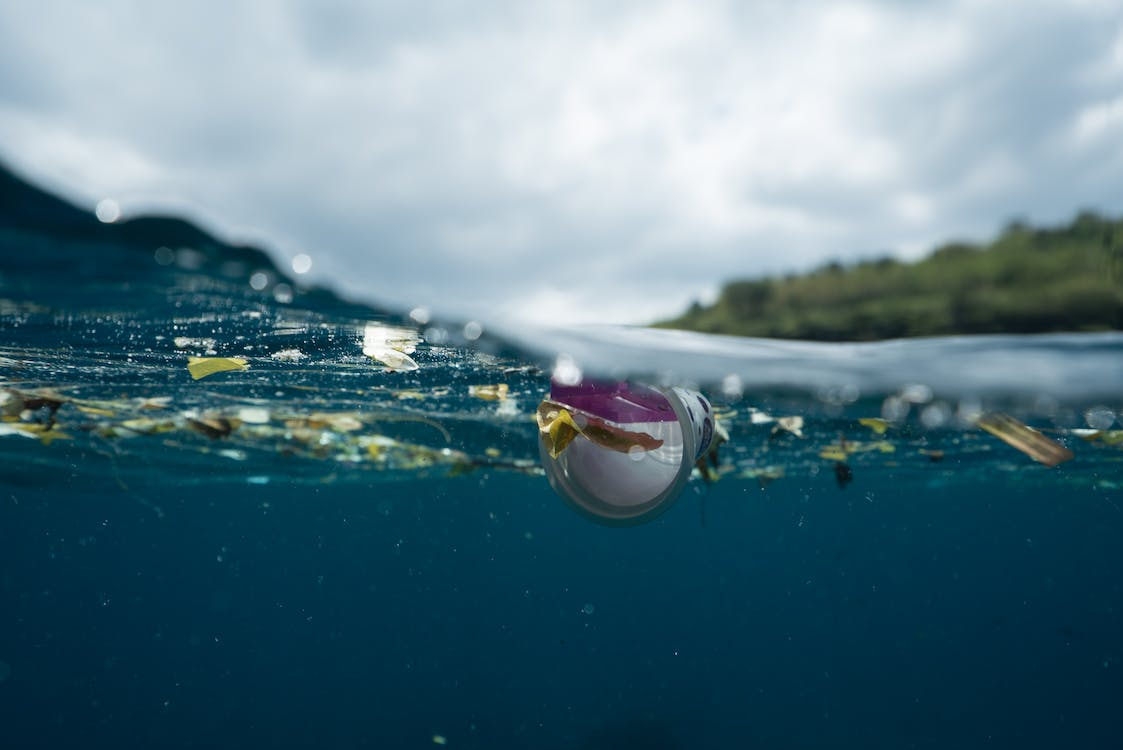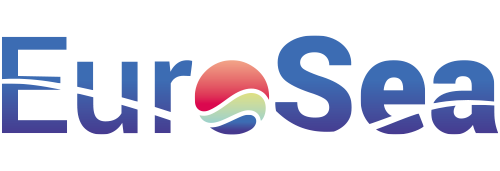
Description
Marine debris, particularly plastic litter, poses a significant threat to marine ecosystems globally. A standardized protocol for marine debris observing would facilitate consistent monitoring, making it easier to assess the scale of the problem and measure the effectiveness of mitigation efforts.
Impact During the Project
Standardized Monitoring Framework:
Traditional State: Previously, various organizations and nations might have used differing methodologies to monitor marine debris, leading to inconsistent and non-comparable datasets.
Advancement: The introduction of a standard protocol provides a unified framework for marine debris observation, ensuring consistent data collection globally.
Enhanced Global Collaboration:
Traditional State: Without a standardized protocol, international collaboration might have been hindered due to data inconsistencies.
Advancement: Agreed-upon protocols foster international collaboration by providing a common language and methodology, ensuring that data collected in different parts of the world are comparable.
Publication in OBPS Repository:
Traditional State: Earlier marine litter observing practices and protocols might have been scattered across various platforms or confined to local or regional databases.
Advancement: By publishing the protocol in the Ocean Best Practices System (OBPS) repository, it becomes easily accessible to the global community, promoting widespread adoption.
Impact Post Project
Data-Driven Policy Decisions:
Standardized data on marine debris provides policymakers with a clear picture of the scale and distribution of marine litter, allowing for more informed policy decisions.
Facilitated Research:
Standardized data makes it easier for researchers to analyse marine litter trends and develop mitigation strategies, without having to account for discrepancies in data collection methods.
Enhanced Public Awareness:
Reliable, standardized data on marine debris can be more effectively communicated to the public, raising awareness about the severity of the issue and mobilizing collective action.
Advancement over and above State of the Art
The establishment of a standardized protocol for marine debris observation represents a significant leap forward in global efforts to combat marine litter. Where once there may have been fragmented and inconsistent monitoring efforts, there is now a cohesive, internationally agreed-upon method, ensuring uniformity in data collection. This immediate advancement fosters global collaboration and ensures that marine debris data from different parts of the world can be compared directly. In the longer term, this standardized approach facilitates data-driven policy decisions, supports research efforts, and plays a crucial role in public awareness campaigns. The availability of consistent, reliable data on marine debris sets the stage for coordinated global action to address this pressing environmental issue.
Links and References
Link to D1.6 – Maps 7 Metrics on Observing Systems & Data: https://eurosea.eu/download/eurosea_d1-6_maps_and_metrics_on_observing_systems_and_metadata-2/?wpdmdl=5508&refresh=650197c458f471694603204
